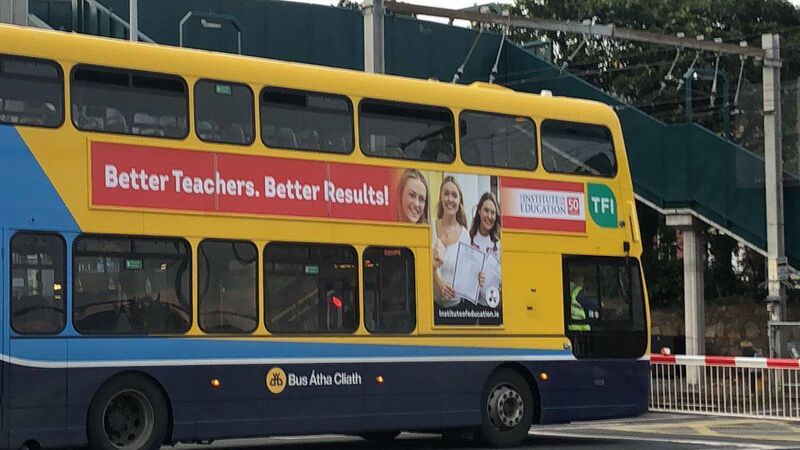Bus system redesign saw €19.5m spent on one firm

BusConnects plan will see the creation of 16 bus corridors, together with separate cycle lanes across Dublin, a project which would see 230km of priority lanes put in place.
A proposed redesign of Dublin’s bus system saw €19.5m paid to one engineering firm in 2020 alone.
BusConnects, a wholesale redesign of the capital’s bus transit system, which would see the city divided into a series of specific, lettered travel corridors, paid Jacobs Engineering Ireland €12.2m for an environmental impact assessment (EIA) and €7.3m for design services for three of the proposed bus routes last year.










